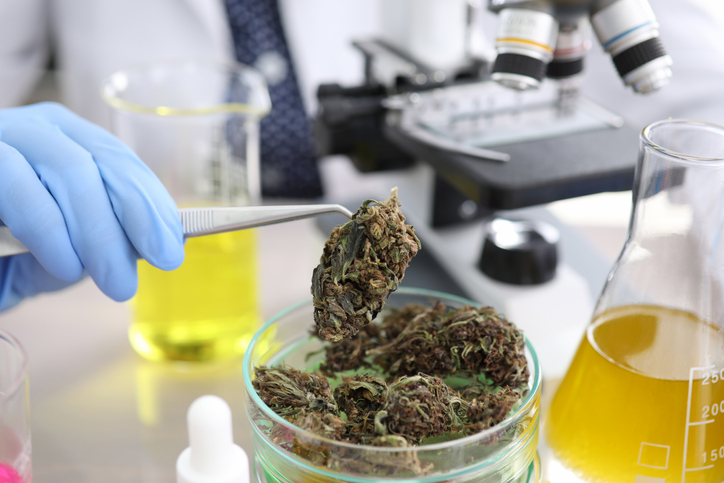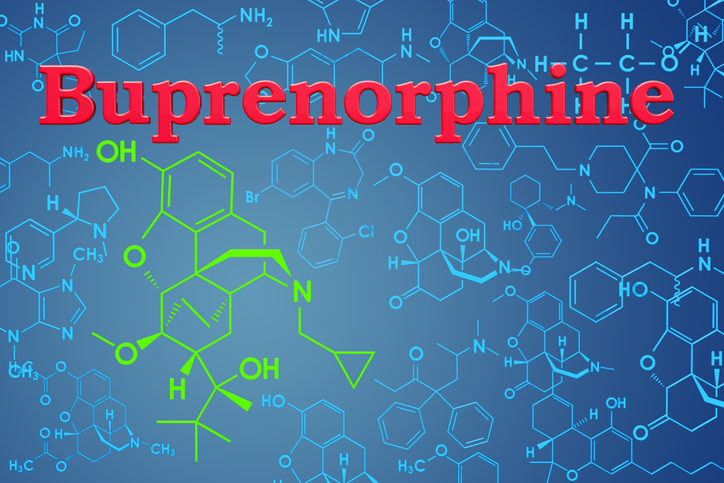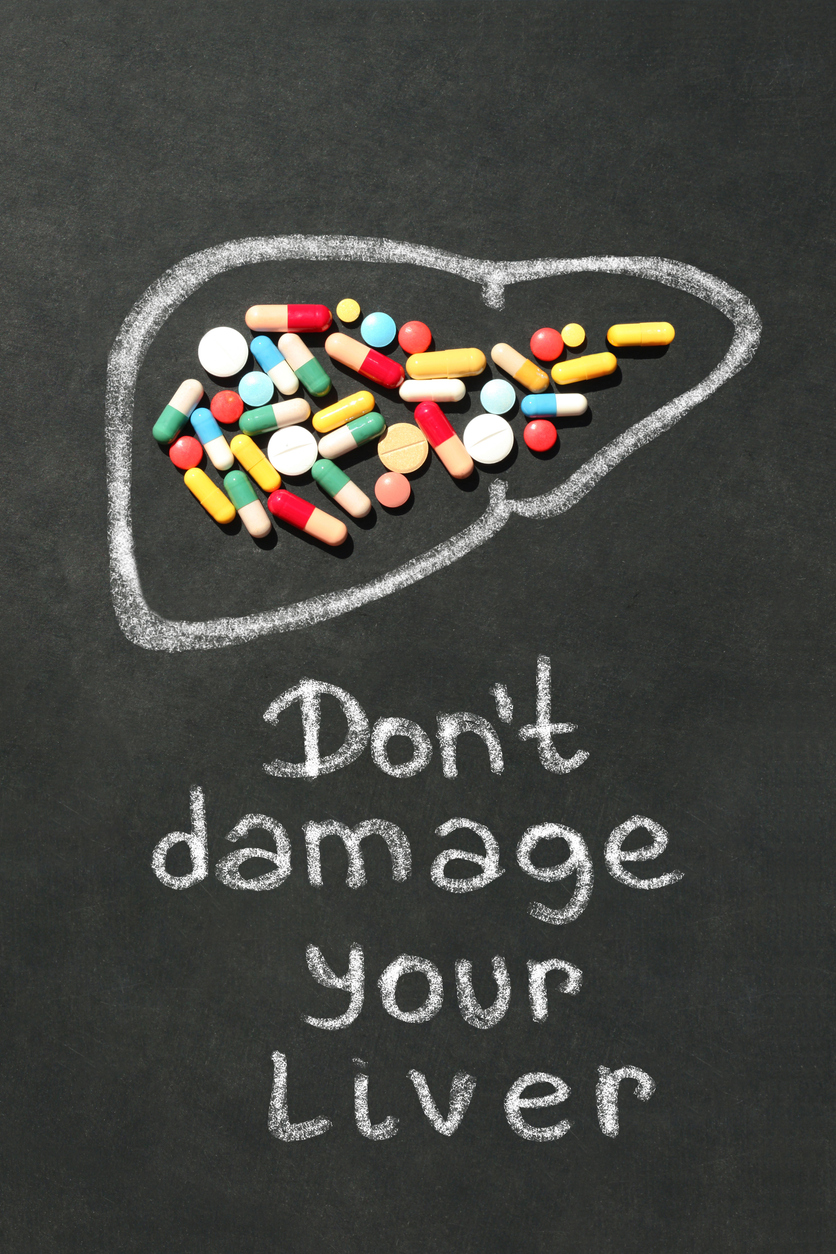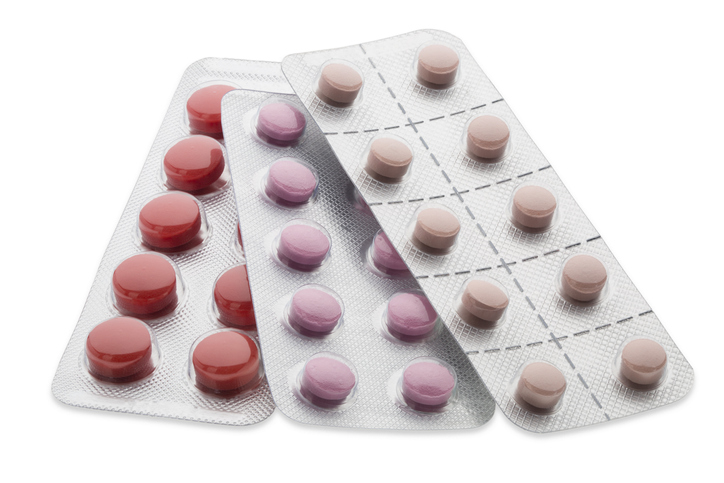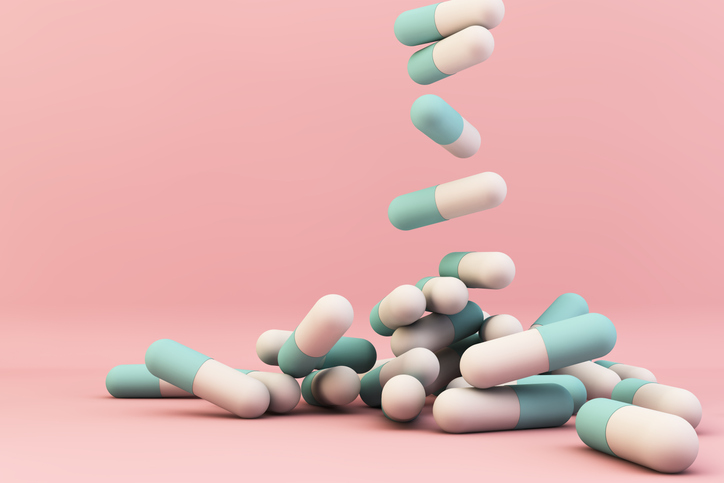Treatments
Medications and the Kidneys

The kidneys are primarily responsible for filtering and eliminating waste and excess fluids from the body. However, certain medications may prevent the kidneys from properly functioning and may even cause kidney damage. In addition, the active ingredients of certain medications are eliminated from the body through the kidneys; therefore, decreased kidney function can lead to overdose of the medication.
Medications that can potentially damage the kidneys
Various medications can harm the kidneys:
- Pain-relieving medications, such as aspirin, acetaminophen, and non-steroidal anti-inflammatory drugs (NSAIDs), can potentially lead to kidney damage. Taking these medications every day for years can result in a chronic kidney disease known as analgesic nephropathy.
- Certain antibiotics, such as penicillin and sulfonamides, are eliminated from the body through the kidneys, which can place extra strain on the kidneys. Damage is more likely with long-term antibiotic use.
- Diuretics help the body remove excess fluid. However, they can also lead to dehydration, which negatively affects the kidneys.
- Corticosteroids cause fluid retention, which can increase blood pressure and harm the kidneys.
- Proton pump inhibitors (PPIs) lower acid levels in the stomach; they are prescribed to treat heartburn and acid reflux. However, long-term use has been linked to kidney damage.
Symptoms of kidney damage
Symptoms of kidney damage or disease include the following:
- Frequent urination
- Swollen feet and ankles
- Itchy skin
- Decreased appetite
- Fatigue
- Muscle cramps
Risk factors for medication-induced kidney damage
Factors that increase the risk of medication-induced kidney damage include, but are not limited to, the following:
- Use of nonsteroidal anti-inflammatory drugs (NSAIDs) with diuretics, angiotensin-converting enzyme (ACE) inhibitors, or caffeine
- Long-term, consistent use of pain-relieving medications, especially those that contain both aspirin and acetaminophen
- High blood pressure or cholesterol
- Diabetes
- Family history of kidney disease
Although certain medications increase the risk of kidney damage, they also have various benefits. Weighing the potential risks vs. the benefits under the guidance of a health care professional is essential.

